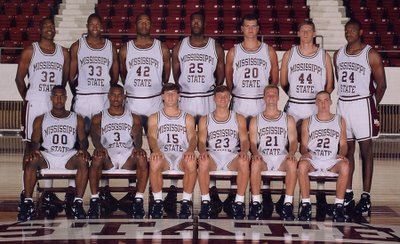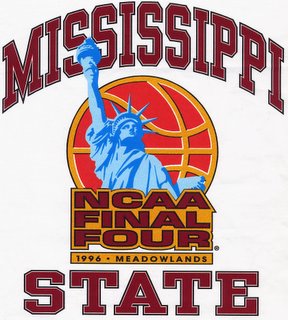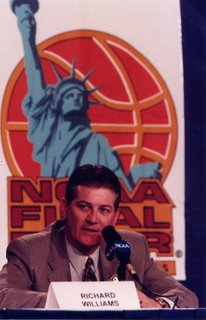Mississippi State’s Bully – Big Dog on Campus

I started out with a feature on Super Bulldog Weekend, but while attending some events during the weekend, I got be around Tonka - Bully XXI at the MSU Fanfare on that Saturday morning ... His mannerisms and the way he interacted with kids and adults was very interesting. What stood out was the way he responded to his care taker ... The story is below.
He is the “Top Dog” on gameday at
Bully has seven counterparts across the Southeastern Conference as
The former bulldog mascots lived in various dorms across campus, roamed the streets of MSU. But Tonka has the luxury of his own place with Lisa Chrestman and her family. Chrestman works with MSU College of Veterinary Medicine. She is responsible for getting him to and from events and the primary care taker of Tonka. So what does his gameday duties entail?
His day begins with a bath and getting his nails trimmed. Chrestman says it is similar to a visit to the beauty parlor and then his favorite part of the day takes place after he has received the royal treatment … a nap before he departs for the stadium. Bully and his entourage arrive at the stadium for homes games three hours prior to kickoff.
“His first duty at the stadium is taking pictures with fans at the fanfare for at least an hour,” said Chrestman. “Then it is on to the M-Club building to socialize with members of the M-Club.”
After the public appearances it is off to work for Tonka. Chrestman says that he knows when it is time to go to work. When she puts the harness on he’s ready for another tour of duty on the sidelines.
Some people believe that dogs can not recognize colors, but she has a different opinion on that theory.
“When he sees us wearing maroon he knows that it is gameday,” mentioned Chrestman.
Tonka is the first dog to be owned by the university. He first stepped foot on campus when he was nine week old. One of Chrestman’s first priorities with him was getting him acclimated to human contact and noise.
“Being able to start him at an early age was huge. I took him to band practice to get him adjusted to the noise level,” said Chrestman. I even took him to football practice once or twice.”
The future Bullys will come from Tonka’s bloodline. But she doesn’t foresee him giving up his title for a good while. He is in good shape and has zero health issues for being such an active dog. The high demand for his presence at certain events has caused Chrestman to cut back his public appearances.
HISTORY
Tonka falls in line with the rest of the dogs that have been ambassadors for the university. The origin of a live mascot dates back to the 1935 season. Head football coach Ralph Sasse brought to campus, Ptolemy, from
The dogs were given names by its owner, who usually donated the dogs to the school or they were given names by the student body. Bully IV was name BDog, which stood for Big Dog on Campus. Other names included VII Mr. Muggs, XI Joker, X Joker, XII Romeo and yes even XI Rebel.
There is a new commemorative monument honoring the former bulldogs that have walked the sidelines for MSU. The new structure includes a list of the names of the dogs and the years that they served as State’s official mascot. The idea of the monument came about this summer when Bully XIX – Humphrey. He was laid to rest near the flag pole at the north end of Davis Wade Stadium.
“We wanted to do something to commemorate the former dogs that have served as Bully,” said MSU Director of Athletics Larry Templeton. “The funding of the statue came from the athletic department.”



